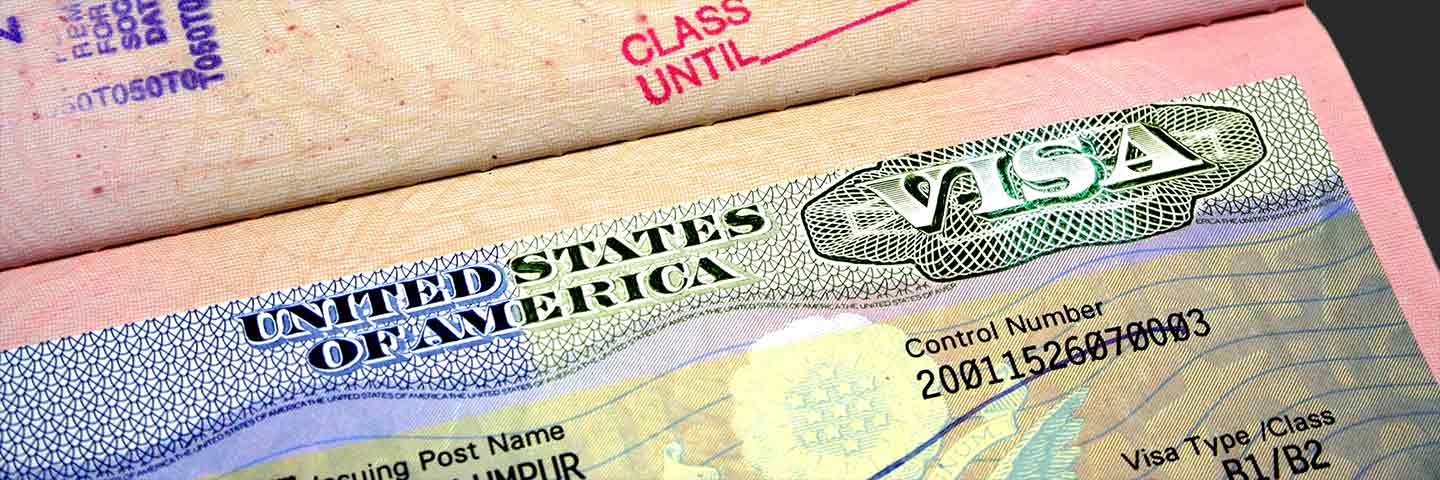Potential US Work Visa Reductions Under Trump Administration to Have Minimal Caribbean Impact.
The H-1B visa program, a cornerstone of US immigration policy, stands at a crossroads as Donald Trump prepares for a second term as president. Established in 1990, this program allows American companies to recruit foreign professionals with specialized skills, predominantly in the technology and healthcare sectors, filling critical gaps in the domestic workforce. While the program has witnessed a high approval rate of over 97% in the recent fiscal year 2024, the highest in a decade, its future hangs in the balance given Trump’s historical stance on immigration and his previous actions targeting the H-1B program. The potential reinstatement of stricter immigration policies under his leadership could significantly impact businesses reliant on these skilled foreign workers, especially those from India, which traditionally receives over 70% of the 85,000 visas issued annually. The program’s future rests on the delicate balance between the perceived need for foreign talent and concerns about its impact on American workers.
The H-1B visa program has been a subject of ongoing debate, sparking controversy and dividing opinions. Proponents argue that it serves as a vital conduit for attracting top-tier talent from across the globe, enriching the American workforce and driving innovation. They contend that these skilled foreign professionals possess specialized expertise that is often unavailable domestically, enabling companies to remain competitive in the global market. Conversely, critics argue that the program displaces American workers, depressing wages and undermining job opportunities for native-born citizens. They point to instances where companies have replaced American employees with foreign workers on H-1B visas, raising concerns about potential exploitation and unfair competition. The debate also revolves around the program’s original intent as a temporary worker program versus its perceived use as a pathway to permanent residency and eventual citizenship.
The healthcare sector exemplifies the complex interplay of factors surrounding the H-1B visa program. The US faces a significant shortage of healthcare professionals, particularly doctors and nurses, in certain areas and specialties. Foreign-born healthcare workers often fill these critical vacancies, providing essential services to underserved communities and facilities, including government institutions like prisons, where attracting domestic professionals can be challenging. While the program addresses a genuine need within the healthcare system, it also raises concerns about potential wage disparities and the reliance on foreign talent in a vital sector.
Trump’s previous actions regarding the H-1B program provide insights into his potential approach during his second term. During his first term, his administration implemented policies that tightened visa requirements, resulting in increased denial rates and heightened scrutiny of applications. Critics, such as Ira Mehlman from the Federation for American Immigration Reform (FAIR), argue that the program has deviated from its initial purpose of providing temporary work visas and has become a backdoor for obtaining permanent residency. Trump’s 2016 campaign rhetoric characterized the H-1B program as a “cheap labor program,” reflecting his skepticism about its benefits to American workers. He subsequently introduced several restrictive measures aimed at reducing visa approvals, some of which were later challenged and blocked by the courts.
Despite his previous stance, Trump’s approach to the H-1B program during his second term remains uncertain. While he has voiced intentions to prioritize American workers and strengthen immigration enforcement, he has also floated ideas like granting green cards to foreign graduates with specialized skills, suggesting a potential shift in his perspective. Furthermore, prominent figures like Elon Musk, a key ally, have expressed strong support for the H-1B program, emphasizing its importance for attracting and retaining global talent. The interplay of these conflicting signals makes it difficult to predict the specific policies his administration will pursue regarding the H-1B visa program.
The impact of potential changes to the H-1B visa program extends beyond the technology and healthcare sectors. While the focus often centers on these industries, the program also affects other areas where specialized skills are in demand. The potential reduction in visa approvals could create challenges for businesses across various sectors, hindering their ability to recruit and retain qualified professionals. Furthermore, the program’s future has implications for international relations, particularly with countries like India, which heavily rely on the H-1B visa for skilled workers seeking opportunities in the US. The intricate web of economic, political, and social factors surrounding the H-1B visa program underscores its significance in shaping the American workforce and the broader landscape of global talent mobility.
Share this content:








Post Comment